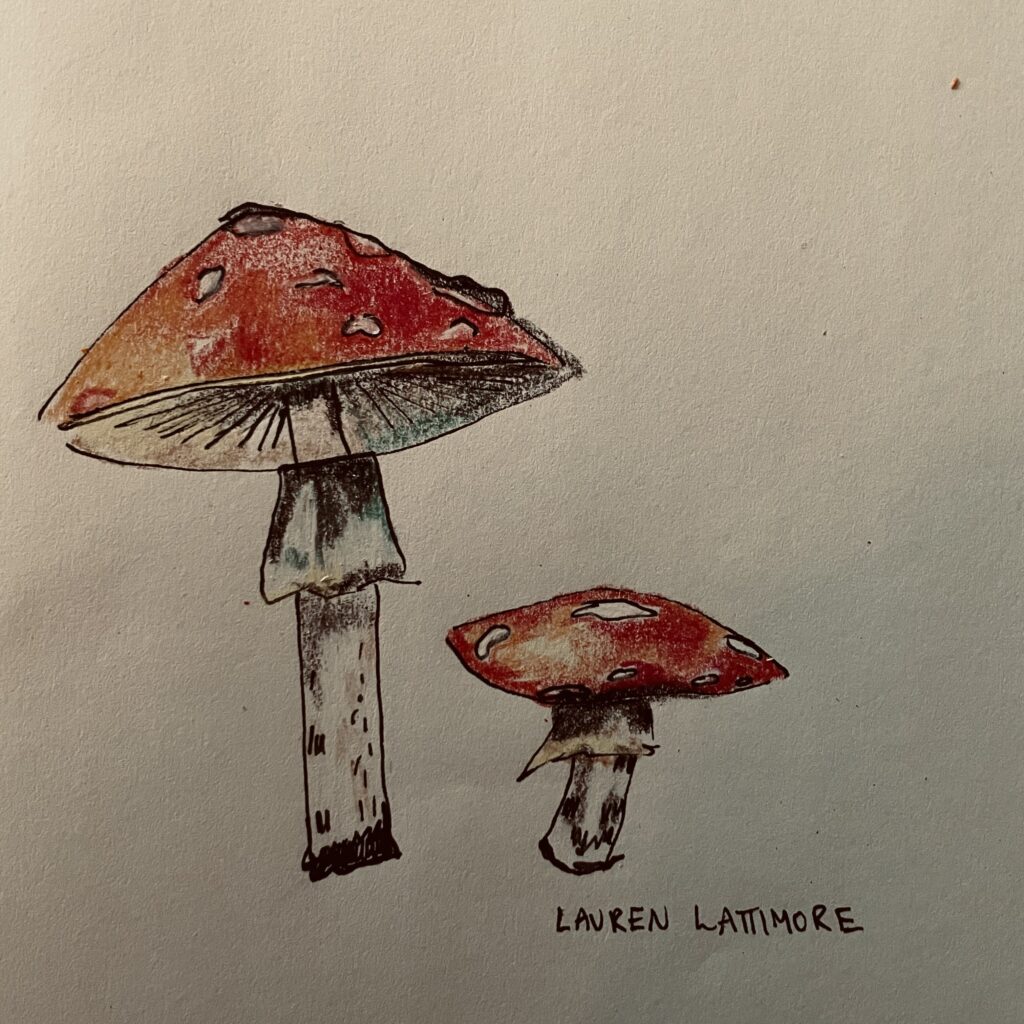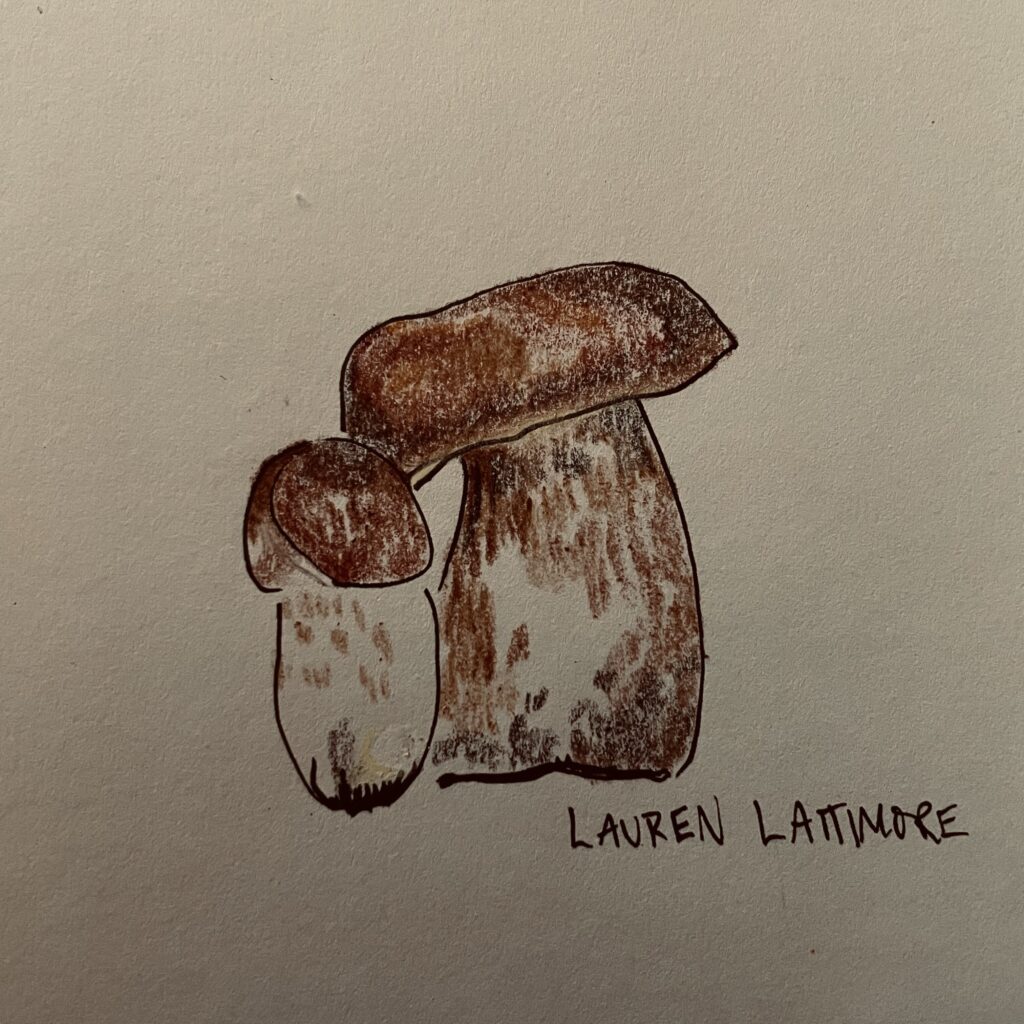About Student Consultants

In student-faculty pedagogical partnerships, student consultants work up to seven hours per week in the paid role of pedagogical partner to a faculty member. Through this partnership, consultants analyze, affirm, and, as appropriate, support the revision of classroom practice in the context of one of the faculty partner’s courses with the goal of maximizing engagement and learning for all involved. Student and faculty partnerships take a range of approaches to their collaboration, starting with a focus on classroom practice and often expanding to consider curriculum, assessment, and other dimensions of pedagogy.
Artwork by Lauren Lattimore, Bryn Mawr College ’21
This experience has made me increasingly alive to both the professor’s perspective and to my own responsibilities as a student in creating and maintaining a positive and effective learning environment for all members of the class.
Student Consultant
Qualifications of Student Consultants

- Attend and participate in weekly, semi-structured, one-hour discussions focused on what is happening in the faculty partner’s classrooms and how to support faculty exploration, affirmation, and revision of pedagogical practices
- Visit the faculty partner’s class once each week and taking detailed observation notes focused on pedagogical issues identified by the faculty partner
- Type up observation notes each week and deliver those to the faculty partner in a timely manner
- Meet weekly with the faculty partner
- Offer mid-semester and end-of-semester feedback
Responsibilities of Student Consultants
- Attend and participate in weekly, semi-structured, one-hour discussions focused on what is happening in the faculty partner’s classrooms and how to support faculty exploration, affirmation, and revision of pedagogical practices
- Visit the faculty partner’s class once each week and taking detailed observation notes focused on pedagogical issues identified by the faculty partner
- Type up observation notes each week and deliver those to the faculty partner in a timely manner
- Meet weekly with the faculty partner
- Offer mid-semester and end-of-semester feedback
Application Process
- Contact Alison Cook-Sather (acooksat@brynmawr.edu) to express interest and request a copy of the Guidelines for Student Consultants.
- Read carefully the Guidelines for Student Consultants to ensure that you are prepared for the responsibilities of the role.
- Secure two recommendations: one from a student and one from a member of the Bryn Mawr or Haverford faculty, staff, or administration who can comment on your capacities to analyze pedagogical issues and to communicate respectfully and effectively. Have your recommenders send the Director of the TLI a very brief but substantive recommendation (it can be in an email message or a phone call) explaining why you would an effective consultant. They may use the following guidelines: Please comment briefly on your sense of this student’s capacity to (1) discern and analyze pedagogical issues, (2) communicate respectively and effectively, and (3) work with faculty members not only to identify pedagogical issues but also to brainstorm strategies for addressing those.
- Send a completed Application Form and a signed Letter of Commitment to the Director of the TLI, Alison Cook-Sather, Education Program, Bettws y Coed (acooksat@brynmawr.edu).